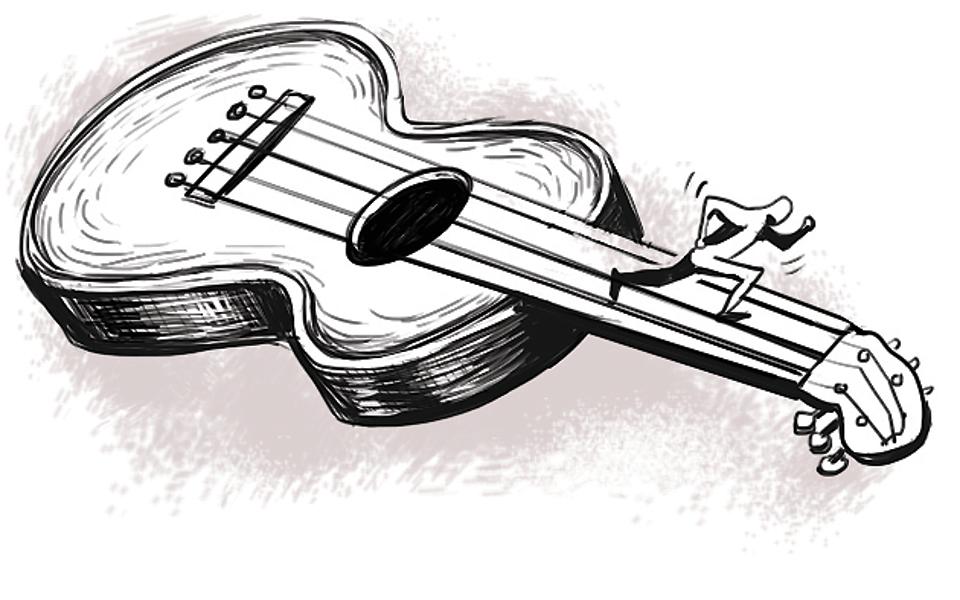“What are your hobbies,” Kuldeep Datay asked. He practises at the Mumbai-based Institute of Psychological Health (IPH). I fumbled. He dismissed my intense physical routine as an activity I engage in to accomplish an immediate goal. Indeed. It is aimed to run a half marathon in under two hours. That I enjoy it is another matter altogether. But I enjoy work as well with goals to be met.
“All your waking hours,” he submitted, “are devoted to productive activities so you get better at what you do. What do you do for leisure?” The import of what he was asking wouldn’t be evident until the mind wandered to a conversation with Shankar Maruwada, who co-founded the EkStep Foundation with Nandan and Rohini Nilekani. Maruwada spends his time trying to understand how people learn. “Our obsession with getting better at what we do is making us redundant,” he said.
By way of perspective, once upon a time, medical knowledge doubled every 50 years. Advances in computing have got us to a point where it now doubles every 72 days. Artificial Intelligence is needed to access new knowledge. The human mind cannot cope. That is why, even as medical degrees are conferred, doctors get outdated. Such disruptions are happening across disciplines. How is any professional to stay relevant then?
“We need Adaptive Expertise,” says Maruwada. Individuals must learn, unlearn, and learn again, multiple times, in a single lifetime. But learning can be traumatic. To learn, we must first go through a cycle of incompetence. Remember the time you first got on a bicycle? It was tough. Until, suddenly, it got to be an unconscious act.
Children, he explains, are familiar with this trauma. They learn something new at school every day. Incompetence is not humiliating to them. After formal schooling though, most people forgot how to learn and deal with the trauma that accompanies it. So, we stick to what we know.
Is that why I am not learning to sculpt, for instance, something I know nothing about? Perhaps fear of being perceived as incompetent holds me back. But people in the Renaissance Era, people like Leonardo da Vinci, had no such qualms. While we know of him as an artist, his hobby was studying the human anatomy. People around him thought it morbid. Did he care? He engaged in it when at leisure. Five hundred years later, historians regard him as one of the greatest anatomists of all time.
Ironically, leisure is what all of us crave. But we believe it is time wasted. The import of Datay’s question hit home. If time is not spent on a hobby or leisure, we will be disrupted. Like medical doctors are, 72 days after they graduate.

